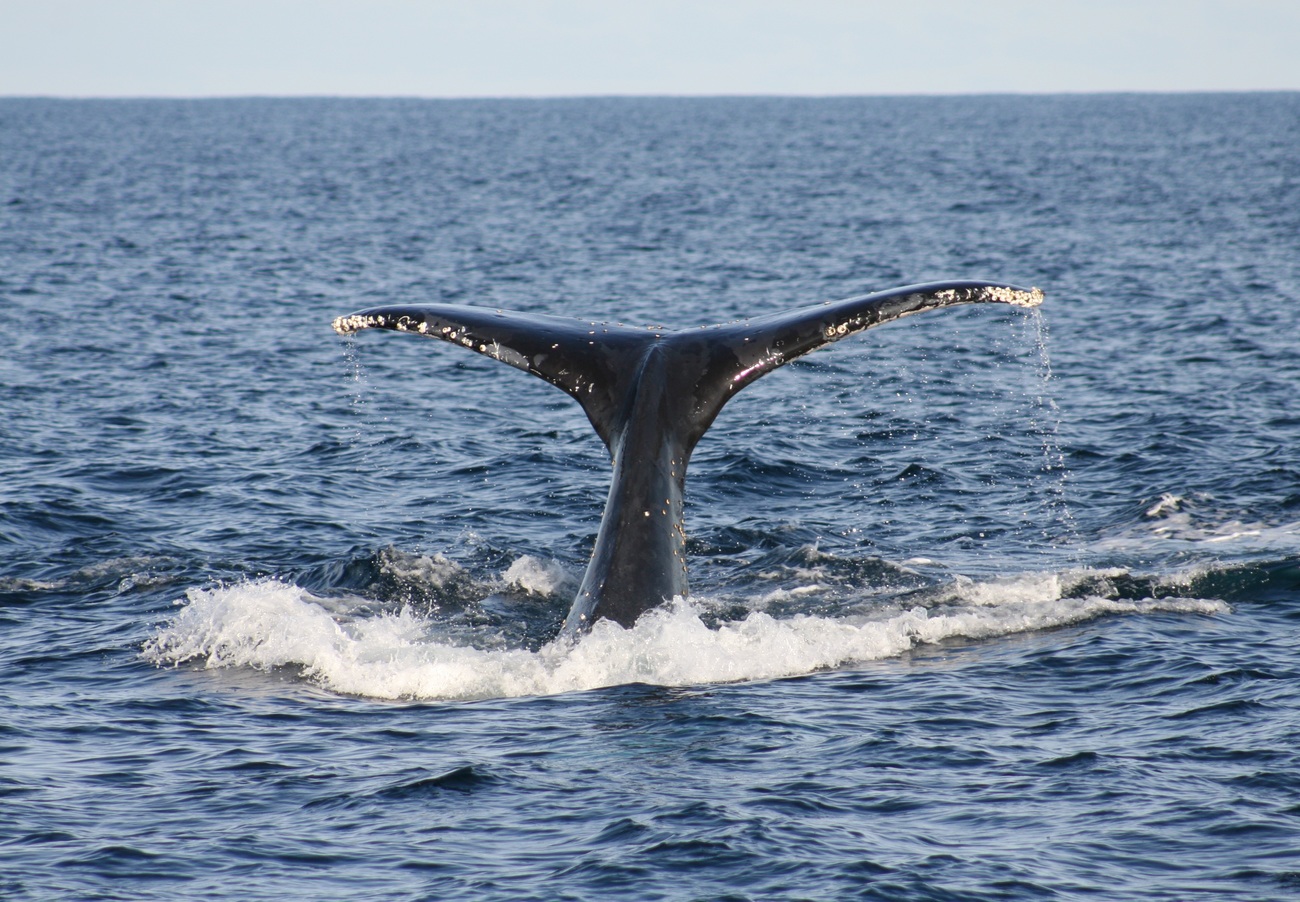Sharon Livermore
ship strikes and whales: preventing a collision course
ship strikes and whales: preventing a collision course

Today, many species of whale around the world are threatened by collisions with vessels, known as ship strikes, and unfortunately, these collisions often result in severe injury or death. Both ship numbers and the speeds at which ships are able to travel have increased globally in the last few decades and this means a greater risk of ship strikes and injuries to whales, particularly where shipping activities overlap with critical whale habitat.
For those whales that are not killed immediately, a collision can result in horrific and serious injuries; blunt trauma resulting in major internal injury, deep propeller scars, and severed spines, tail flukes and fins, are just some of the injuries recorded in live and stranded animals that have been victims of collisions. A whale that has sustained a serious injury from a ship strike will often suffer a slow, painful death.
Certain whale populations are more vulnerable to ship strikes, particularly those found close to developed coastal areas or those found in high numbers in areas with large volumes of shipping traffic. Consequently, ship strikes are recognise as a serious conservation and welfare problem for many whale populations throughout the global ocean.
Worryingly, the risk of ship strike is largely unrecognised and reports of ship strikes likely under represent actual incidents. Many mariners do not know about reporting requirements for ship strikes and in many cases collisions go unnoticed; even an animal as large as a whale pales into insignificance against a 300-metre cargo vessel.
IFAW is working hard to help reduce ship strikes in several regions, with a specific focus on areas where ship strikes are known to negatively impact endangered whale populations. The solutions that exist to prevent ship strike vary depending on many factors, including whale distribution, behaviour, habitat use, and ship routing options and limitations. Separating shipping lanes and whale habitat is the most effective option, but where this is not possible, slowing vessel speeds can also help protect whales from strikes. Ensuring mariners are aware of ship strike risk is also key to reducing the problem.
For example, our work in the Hellenic Trench, Greece, focuses on a small change in shipping routes, which is required to dramatically reduce risk to endangered Mediterranean sperm whales. This is also the case for blue whales off southern Sri Lanka. However in New Zealand, Bryde's whale distribution across the Hauraki Gulf means that vessel speed limits offer the most straightforward solution to reduce risk. Slower speeds also reduce the levels of underwater noise from ships, resulting in further benefits for whales. In the USA, IFAW and partners pioneered the Whale Alert app to help protect the North Atlantic right whale from ship strikes. This technology offers a tool for mariners, advising them of measures to reduce collision risk and the presence of seasonal management zones, where the U.S. government has put ship speed reduction measures in place in the areas most important to these critically endangered whales.
Slowing down helps to save the lives of whales because, in a similar way to the injuries sustained by a pedestrian hit by a vehicle on our roads, the speed at which a ship is travelling has a strong bearing on the likelihood of a fatal injury occurring to a whale. On roads, we use ‘school zones’ to control speed and reduce the risk of fatal injuries to children. In our oceans, the concept of ‘whale zones,’ or areas where ships need to slow down, could also be used in the areas of highest risk where separating whales and shipping is not an option.
These practical solutions that exist to reduce the risk of ship strikes to whales are already being used elsewhere around the world. All that is required is the political will to make the changes needed on the water. Critically, a lack of action puts both individual whales and their populations in danger, which is why at IFAW, we are working on practical, science-based solutions to protect whales from ship strikes in the places they call home.
-Sharon Livermore, Program Officer, Marine Conservation
Related content
Our work can’t get done without you. Please give what you can to help animals thrive.